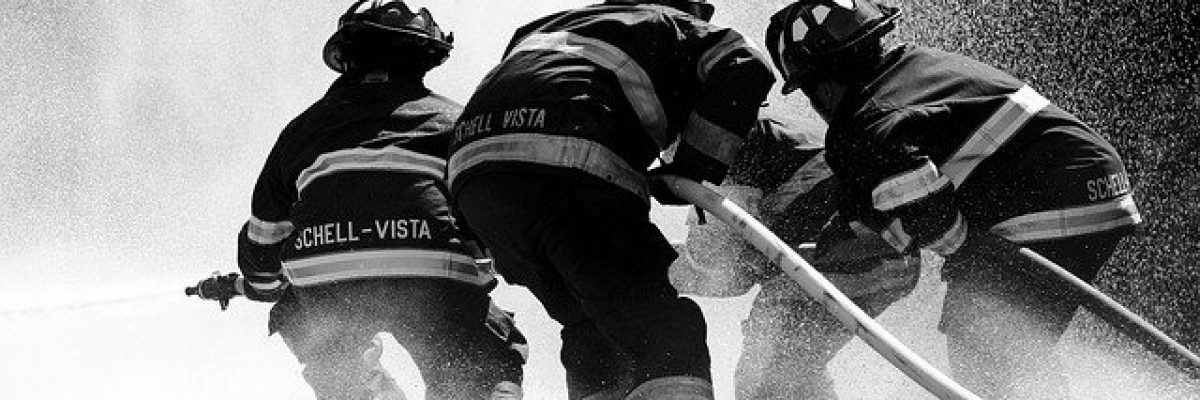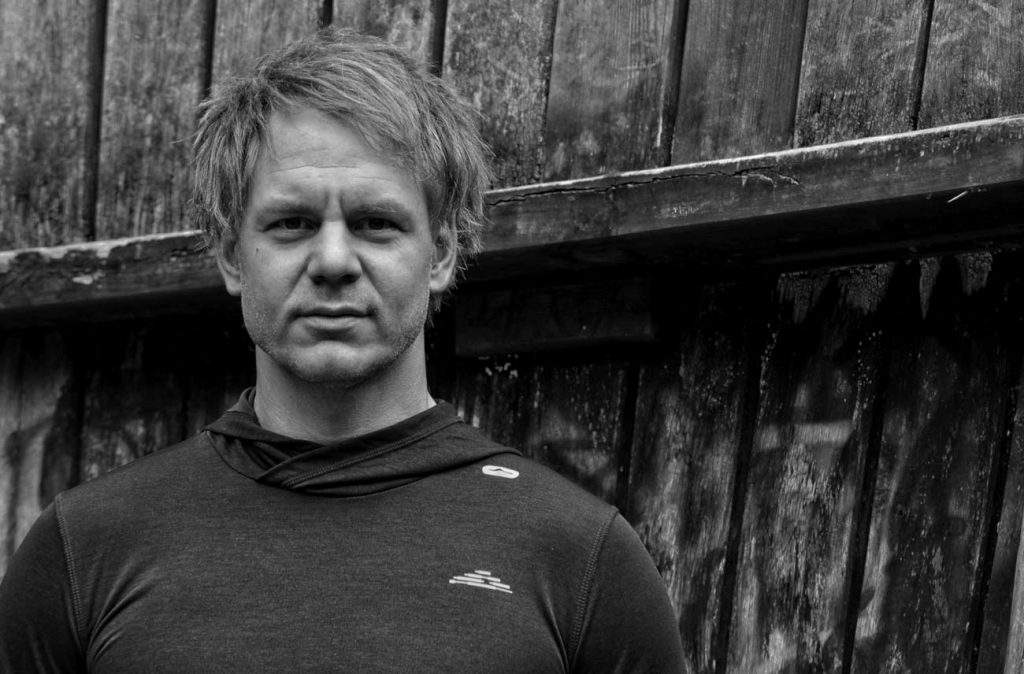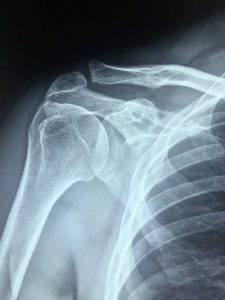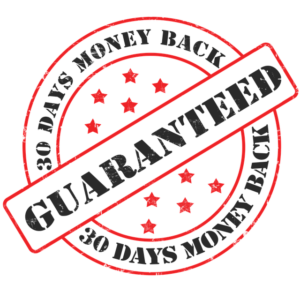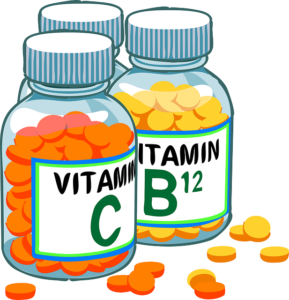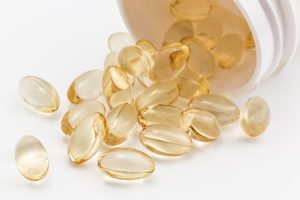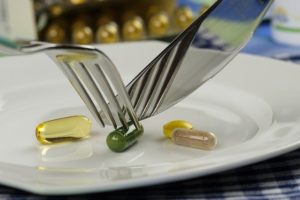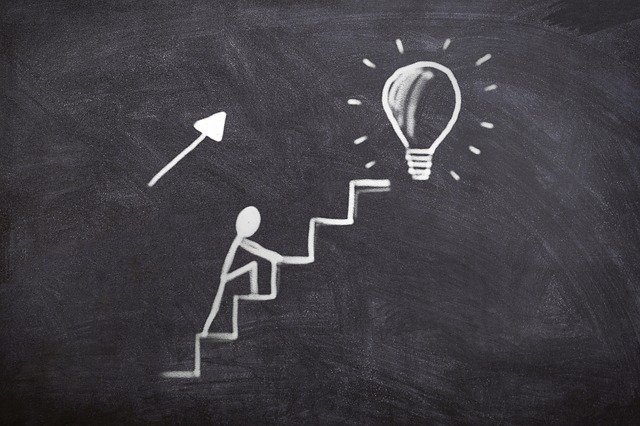The pain relieving expert shows correlations between high blood pressure and further medication. That one may significantly increase the other. Is too high blood pressure helpful? You already know the answer. Come on in, into the knowledge filling station. ![]()
High blood pressure is not just high blood pressure. High blood pressure is the precursor to heart disease and strokes – and thus one of the decisive risk factors for the most common causes of death in our time. So far, so bad – so well known.
Often, high blood pressure is self-created. Yes, I said it !
Because apart from a wrong diet and lifestyle, at least one out of five hypertension patients takes some kind of medication (for some other problem) which, due to its side effects, can lead to high blood pressure with all its consequences. (Study – presented at the 70th annual conference of the “American College of Cardiology” (May 2021).
According to the above-mentioned study, there are three classes of drugs in particular that can cause high blood pressure:
– antidepressants
– non-steroidal anti-inflammatory painkillers (esp. Ipuprofen).
– steroids (cortisone, e.g. for treating gout, lupus or rheumatism).
18 percent of the patients interviewed were taking at least one of these medicines.
Other drugs that increase blood pressure are:
– Antipsychotics,
– Decongestants (drugs to reduce swelling in the mucous membranes of the nose)
– Some oral contraceptives
Especially in the elderly population – where high blood pressure is most common – it is common to take several medicines at the same time, so it is urgent to look at possible side effects and interactions in order not to increase the resulting risk of disease.
Data from the study: Analysis of data from 27,599 participants, average age 55 years. 49 percent already had high blood pressure (i.e. higher than 130 at 80 mmHg).
Women: 24 percent were taking a drug that causes blood pressure to rise.
Men: 14 percent were taking a drug that causes blood pressure to rise.
If you have high blood pressure and are taking one of the above blood pressure raising medicines, talk to your doctor about it and ask for an alternative that does not affect your blood pressure. That would be common sense, right?
A 2018 study points out that it was usually other factors that raised blood pressure in patients taking antidepressants. Besides depression, other conditions such as diabetes, dyslipidemia, vascular disease and obesity can be considered triggers for high blood pressure.And that this condition is present over a longer period of time.
Now there are 2 possibilities that can happen after reading this article: Change something and make an effort yourself or keep everything as usual (including the backpack of side effects). I am speaking to the group of people who find themselves in the first part of the sentence.
Questions? Let me know. See you next time.
Stay strong.
Matti

